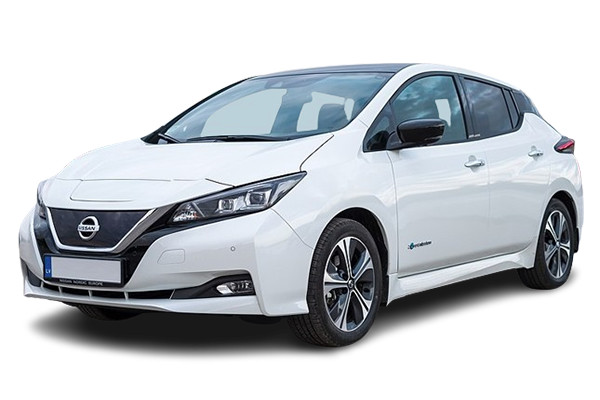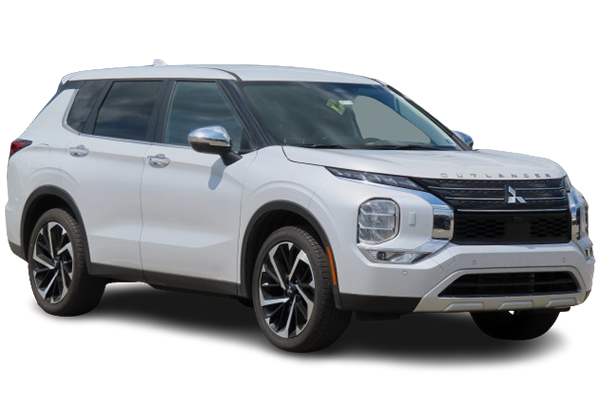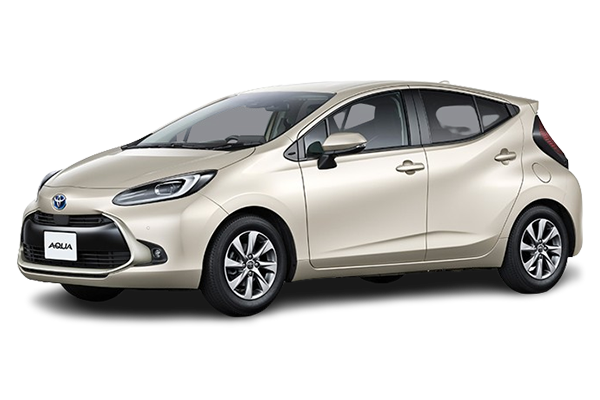TYPE OF ELECTRIC VEHICLES
Battery electric vehicle (BEV)
A Battery Electric Vehicle or BEV is a vehicle that uses a battery as the sole means of energy storage for the propulsion of the vehicle. A BEV does not have a fossil fuel engine or generator. It is driven purely by an electric motor with battery energy storage. A BEV is "refulled" by plugging into an electrical power source.

Plug-in hybrid (PHEV)
Hybrid Electric Vehicles use a combination of electric power and petrol or diesel power to propel the vehicle. They can be ‘plug-in’ or ‘non plug-in’.
A PHEV uses an internal combustion engine (ICE) and electric motor. You can charge PHEVs from an electricity source, and access cheaper and cleaner electric
power. The battery's energy is recharged by the ICE, wheel motion, or by plugging into a charge point.

Hybrid (HEV)
These vehicles have both an internal combustion engine and an electric motor. The electric battery however, is only charged by the ICE, the motion of the wheels or a combination of both. There is no charging connector.

TYPES OF ELECTRIC VEHICLE CHARGERS
Different types of EV chargers,
- 3kW: home electric socket. - EV will usually come with a plug that lets you charge from a standard home electric socket.
- 7kW: home EV charger.
- 22kW: fast public charger.
- 50kW: rapid public charger.
- 350kW: ultra-rapid public charger.
3kW: home electric socket
Your EV will usually come with a plug that lets you charge from a standard home electric socket. This is very slow compared to other charging methods, so it’s only really useful for occasional or emergency use.
Average time to charge a battery from empty: 12 hours.
7kW: home EV charger
Installing an EV charger at home makes it easy to keep your battery topped up and ready to go. Costs of home chargers vary and they can usually be installed in just a few hours.
Average time to charge a battery from empty: 6-8 hours.
22kW: fast public charger
22kW chargers in public places like car parks, supermarkets, and motorway service stations.
Average time to charge a battery from empty: 3 hours.
50kW: rapid public charge
Public charging stations often offer the option of rapid charging, which can be especially handy if you’re driving a long distance. These chargers quickly fill your EV to 80%, then slow down the rate of charging for the last 20% to protect the health of your battery.
Time to charge a battery to 80%: 40 mins.
350kW: ultra-rapid public charger
You will sometimes see ultra-rapid chargers that offer speeds of up to 350kW – although very few EVs on the road today can actually charge at this speed. That should change in the years ahead, as technology progresses.
Average time to charge a battery to 80%: 20 mins.
TYPES OF ELECTRIC VEHICLE CHARGER CONNECTORS
Charge your electric vehicle at home, at work or at a public station, one thing is essential: the outlet of the charging station has to match the outlet of your car. More precisely, the cable that connects the charging station with your vehicle has to have the right plug on both ends. Four types of plugs exist, two for alternating current (AC) which allow charging up to 43 kW and two for direct current (DC) which allow fast charging up to 350 kW.
There are two types of AC plugs:
- Type 1 is a single-phase plug and is standard for EVs from America and Asia. It allows you to charge your car at a speed of up to 7.4 kW, depending on the charging power of your car and grid capability.
- Type 2 plugs are triple-phase plugs because they have three additional wires to let current run through. So naturally, they can charge your car faster. At home, the highest charging power rate is 22 kW, while public charging stations can have a charging power up to 43 kW, again depending on the charging power of your car and grid capability.

Two types of plugs exist for DC charging:
- CHAdeMO: This quick charging system was developed in Japan, and allows for very high charging capacities as well as bidirectional charging. Currently, Asian car manufacturers are leading the way in offering electric cars that are compatible with a CHAdeMO plug. It allows charging up to 100 kW.
- CCS: The CCS plug is an enhanced version of the type 2 plug, with two additional power contacts for the purposes of quick charging. It supports AC and DC charging. It allows charging at a speed of up to 350 kW.

 EV.LK - SRI LANKA'S PIONEER EV CHARGERS SUPPLIER
EV.LK - SRI LANKA'S PIONEER EV CHARGERS SUPPLIER